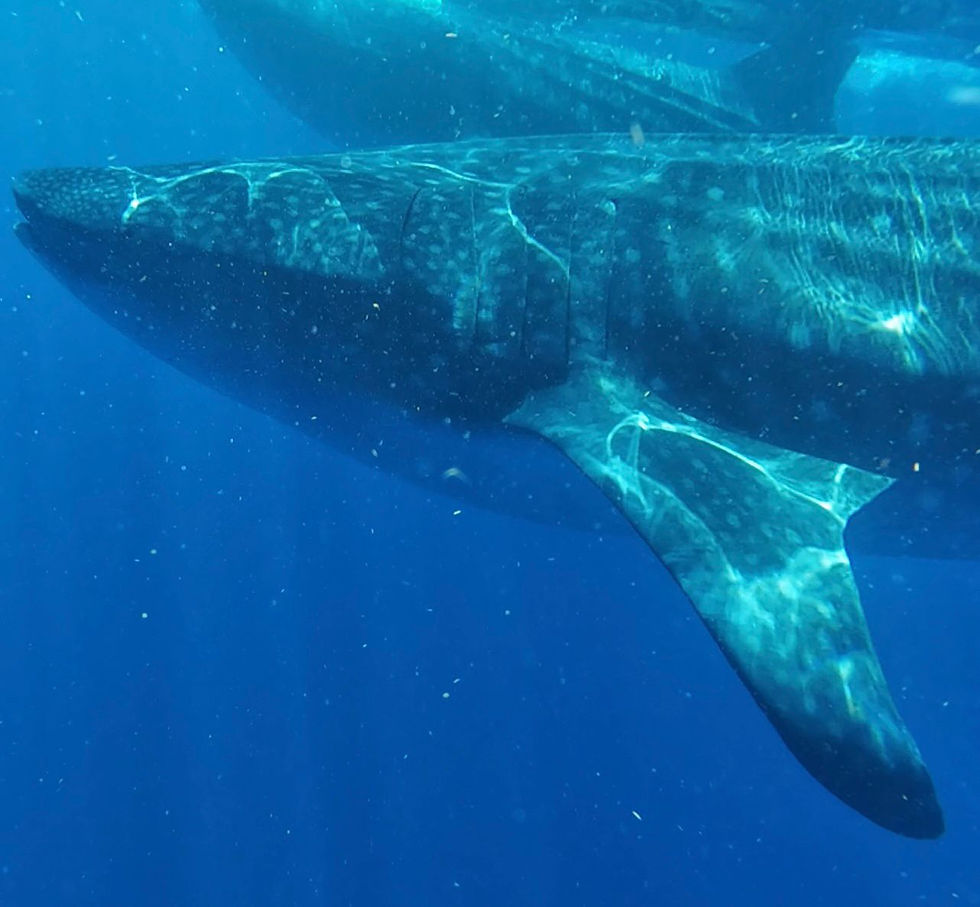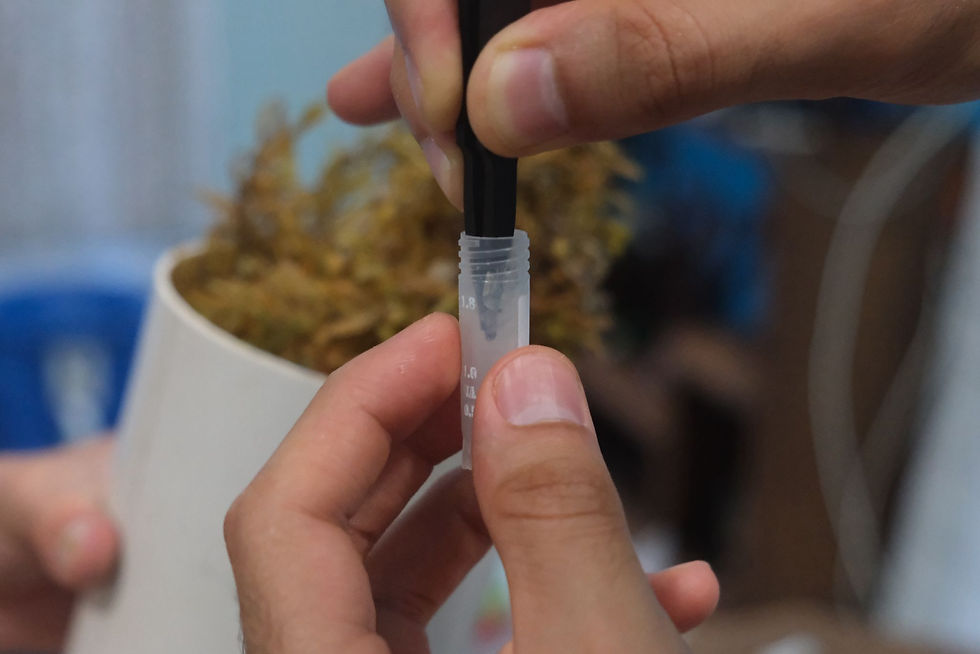
Isla Mujeres: Between Wonder, Tradition, and Field Research.
- Aug 11, 2025
- 2 min read
My journey in Isla Mujeres began with a step back in time. Walking among colorful statues and Maya carvings, I felt part of an ancient story—one made of legends, rituals, and a deep bond with the sea. Every view, every shade of the tropical landscape seemed to tell its own story. This wasn’t just tourism; it was a living lesson in culture and identity.

Then came one of the most breathtaking moments the island had to offer: the sunset. A beach of soft white sand, an old wooden pier stretching toward the horizon, and a sky that, minute by minute, turned into a living painting. Shades of pink, orange, and fiery red reflected on the calm sea. It felt as if the island itself was whispering: “Welcome, this is my magic.”

In the following days, the magic gave way to action. After a thorough briefing on board and preparing our equipment, we set out into the open sea. There, I experienced one of the most thrilling encounters of my life: a group of whale sharks, the gentle giants of the ocean, swimming peacefully beside us. Diving into the water and finding myself face-to-face with them was beyond words—I could feel their calm, their majesty. We collected the ID tag located near the pectoral fin, a key step in tracking their movements and monitoring their health.


But the scientific work didn’t end there. Right after, we deployed the manta trawl, a tool designed to collect surface water samples for microplastic analysis.


While it might sound purely technical, it’s actually an act of care: every sample is a snapshot of the ocean’s health. Once back on land, we carefully cleaned the samples and catalogued each piece of data. It was rewarding to know that every number and observation would contribute to ongoing research and, perhaps one day, to protecting these waters.

By Marco





















Comments